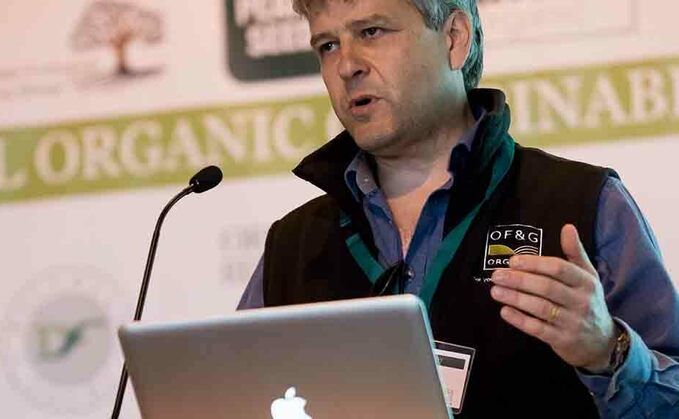
With this week's critical Parliamentary vote against the Agriculture Bill amendment, a challenging growing season and harvest, plus a global pandemic influencing shoppers and their buying habits alongside...

With this week's critical Parliamentary vote against the Agriculture Bill amendment, a challenging growing season and harvest, plus a global pandemic influencing shoppers and their buying habits alongside...
A move to regenerative farming has been helped by adding livestock breeds, changing systems and making use of technology on a Shropshire farm
Former Royal Highland and Agricultural Society Of Scotland chair Alexander Keith Brooke, of Carscreugh Farm in Newton Stewart, died at Galloway Community Hospital on January 17
We Are Farming Minds founder says: 'With the situation in British agriculture the way it is, it is time to do something'